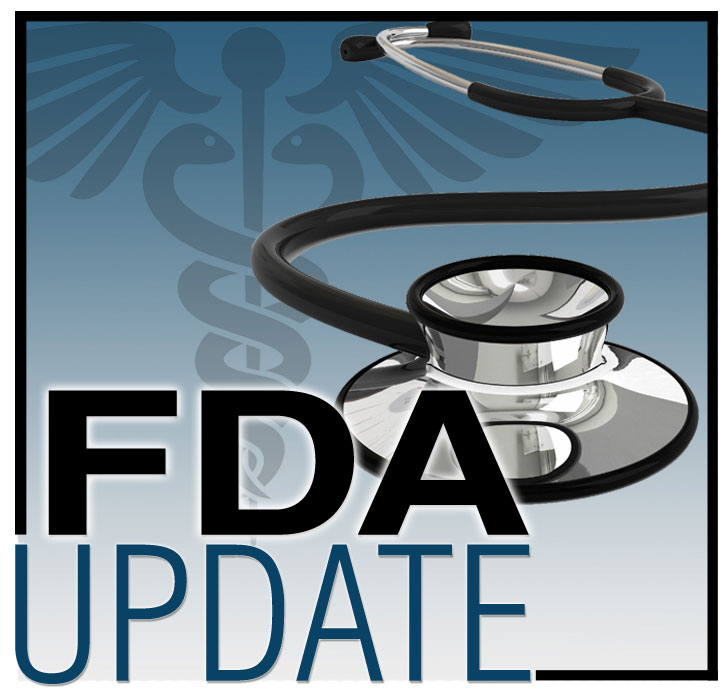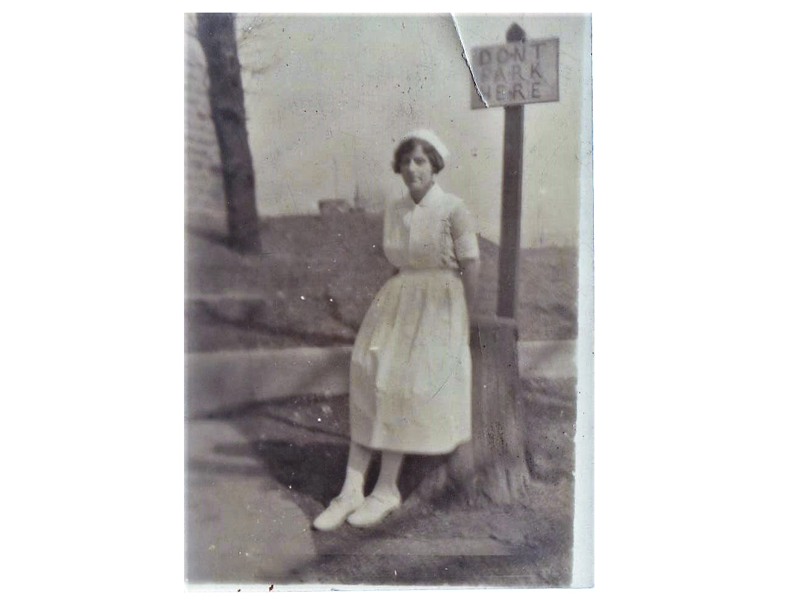Recent Drug Approvals Offer New Options for Non-Small Cell Lung Cancer, Genitourinary Cancers, and More

Cancer treatment options continue to multiply as 2017 continues, with the U.S. Food and Drug Administration (FDA) granting multiple new drug approvals and broadening indications for others. Oncology clinicians and nurses are challenged with staying abreast of treatment option expansions and navigating the dynamic field of cancer treatment to effectively navigate their patients through the treatment trajectory, educating on vital points relative to treatment, minimizing morbidity and mortality, and optimizing quality of life. Following is an overview of the latest approvals for the second quarter of 2017.
- Read more about Recent Drug Approvals Offer New Options for Non-Small Cell Lung Cancer, Genitourinary Cancers, and More
- Add new comment
Protein May Explain Chemo Resistance in Patients With BRCA2 Mutations

Researchers have discovered a protein that may lead to a new way to prevent resistance and improve outcomes for patients whose cancers have a BRCA2 mutation. The findings were reported in Molecular Cell.
- Read more about Protein May Explain Chemo Resistance in Patients With BRCA2 Mutations
- Add new comment
How Oncology Nurse Navigation Contributes to Effective Care Coordination

Well-coordinated care by knowledgeable healthcare providers improves patient-centered care, supports shared decision making, reduces fragmentation of care, and decreases readmissions and emergency room visits. However, patients with complex care needs are often lost in the very systems designed to support them.
- Read more about How Oncology Nurse Navigation Contributes to Effective Care Coordination
- Add new comment
What Precautions and Recommendations Are Necessary for Patients Receiving Oral Chemotherapy in the Home?

So far, 2017 has seen an incredible amount of U.S. Food and Drug Administration approvals for new agents and indications. Biotherapy and targeted agents represent many of the newly approved treatment options—a great deal of which are offered in oral form, increasing the opportunity for patients to receive treatment at home.
- Read more about What Precautions and Recommendations Are Necessary for Patients Receiving Oral Chemotherapy in the Home?
- Add new comment
September Is Sepsis Awareness Month

As September winds down, ONS, a partner in the Centers for Disease Control and Prevention’s (CDC’s) and American Nurses Association’s Nursing Infection Control Education Network, is raising awareness of Sepsis Awareness Month by highlighting resources and strategies for oncology nurses who are deeply rooted in preventing and treating sepsis in patients with cancer.
Sanders Gains Support for Single-Payer Health Care Push; GOP Senators Put Forth Graham-Cassidy Healthcare Bill; New Toolkit Helps Nurses Integrate Genomics in Cancer Care

Senator Bernie Sanders (I-VT) recently gave an interview for The Nation to discuss his announcement and subsequent push for a single-payer healthcare system in the United States. During his 2016 presidential bid, Sanders campaigned for universal health care and gained significant support from the public. However, many on Capitol Hill were still unsure of a “Medicare-for-all” plan. Despite the initially tepid response, Sanders recently outlined a new single-payer healthcare bill he plans to introduce, and he’s gaining surprising support from several senators in Washington, DC.
- Read more about Sanders Gains Support for Single-Payer Health Care Push; GOP Senators Put Forth Graham-Cassidy Healthcare Bill; New Toolkit Helps Nurses Integrate Genomics in Cancer Care
- Add new comment
Cancer Stem Cells May Help Current Drugs Better Target Cancer

Researchers have found a new feature of cancer stem cells that may be used with existing cancer treatments to help prevent cancer recurrence. The study was reported in Cell Chemical Biology.
FDA Grants Accelerated Approval to Nivolumab for HCC

On September 22, 2017, the U.S. Food and Drug Administration (FDA) granted accelerated approval to nivolumab for the treatment of hepatocellular carcinoma (HCC) in patients who have been previously treated with sorafenib.
FDA Grants Accelerated Approval to Pembrolizumab for Advanced Gastric Cancer

On September 22, 2017, the U.S. Food and Drug Administration granted accelerated approval to pembrolizumab (Ketruda®) for patients with recurrent locally advanced or metastatic, gastric or gastroesophageal junction adenocarcinoma whose tumors express PD-L1 as determined by an FDA-approved test. Patients must have had disease progression on or after two or more prior systemic therapies, including fluoropyrimidine- and platinum-containing chemotherapy and, if appropriate, HER2/neu-targeted therapy.
- Read more about FDA Grants Accelerated Approval to Pembrolizumab for Advanced Gastric Cancer
- Add new comment
After 100 Years, Nursing School Is Both Different Yet Still the Same

Earlier this month, I found this picture of my grandmother from 1918. She must have sent it to her sister, because on the back of the photo was scrawled a message: “I thought you might want a snap to see me in my nursing uniform.” This is like a selfie from nearly a hundred years ago. Although the sign behind her says, “Don’t park here,” that’s exactly what she’s doing. The humor was not lost.





